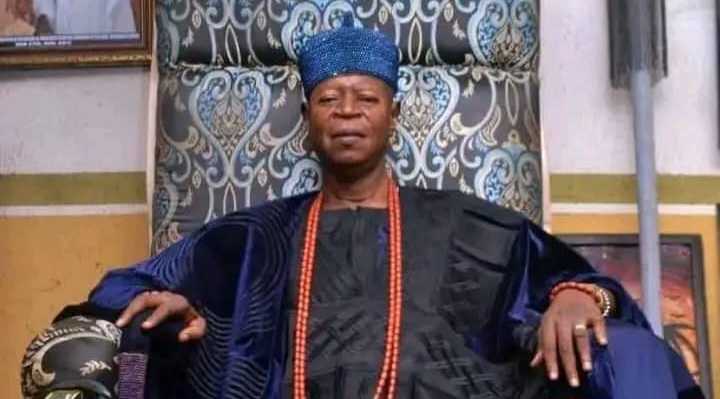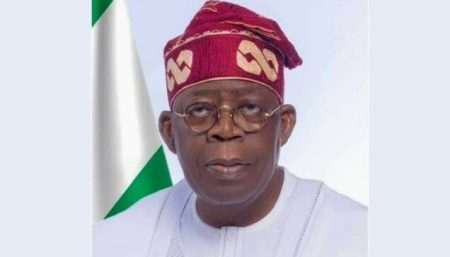The passing of Oba Olasunkanmi Opeola, the Oniroko of Iroko, has cast a pall of grief over Oyo State and beyond. At 64, the monarch, who ascended the throne on February 4, 2011, reigned for 14 years, leaving an indelible mark on his community and the wider region. Oba Opeola’s reign was characterized by a deep commitment to his people, a dedication to progress, and a passionate pursuit of unity. His leadership fostered peace and understanding, bridging divides and solidifying his legacy as a true statesman. His untimely demise, following a period of illness, has left a void that will be difficult to fill. Senator Sharafadeen Alli, representing Oyo South Senatorial District, expressed profound sorrow at the loss of this exemplary leader, highlighting Oba Opeola’s significant contributions to the growth and development of Iroko.
Oba Opeola’s tenure as the Oniroko of Iroko was one of remarkable transformation and progress. He championed numerous initiatives aimed at improving the lives of his people, focusing on infrastructure development, educational advancements, and economic empowerment. His vision extended beyond the immediate needs of his community, encompassing a broader perspective that recognized the interconnectedness of the region’s well-being. He actively participated in socio-cultural associations, contributing his wisdom and experience to initiatives that fostered unity and collaboration across various communities. His dedication to these causes earned him the respect and admiration of his peers, solidifying his reputation as a leader of unwavering integrity and vision.
Senator Alli, in his heartfelt tribute, described Oba Opeola as a bridge-builder and a symbol of peace. The monarch’s ability to unite diverse groups, fostering harmony and understanding, was a testament to his exceptional leadership qualities. His commitment to peace and his dedication to fostering a sense of belonging within his community were hallmarks of his reign. He recognized the importance of cultural preservation and actively promoted initiatives that celebrated the rich heritage of Iroko. His efforts in this regard not only strengthened the cultural identity of his people but also contributed to the broader cultural tapestry of Oyo State.
Oba Opeola’s impact extended beyond the confines of his traditional role, reaching into the socio-cultural landscape of Ibadanland. His involvement in various associations and organizations demonstrated his commitment to serving the wider community. He actively participated in initiatives that promoted social cohesion, economic development, and cultural understanding. His contributions to these endeavors were characterized by his vision, compassion, and relentless drive to uplift those around him. His active engagement in these broader community initiatives cemented his legacy as a leader who transcended traditional boundaries, embracing a holistic approach to community development.
The news of Oba Opeola’s passing was met with widespread grief and condolences from across the state and beyond. His family, the chiefs of Iroko, and the entire community mourned the loss of their beloved leader. Senator Alli, expressing his condolences on behalf of his family and himself, acknowledged the irreparable loss and prayed for solace for the bereaved. He recognized the profound impact Oba Opeola had on the lives of countless individuals and acknowledged the void his absence would create. The Senator’s heartfelt words reflected the sentiments of many who had been touched by the monarch’s leadership and his unwavering dedication to his people.
Oba Opeola’s ascension to the throne was part of a larger initiative undertaken by the late former Governor Abiola Ajimobi to reform the monarchical structure of the ancient city. His elevation, along with 20 other High Chiefs and Baales, was a significant step in modernizing the traditional leadership system. This move, aimed at revitalizing the chieftaincy system and adapting it to the evolving needs of the community, placed Oba Opeola at the forefront of this transformative process. His subsequent reign demonstrated the effectiveness of this reform, showcasing the potential for traditional leadership to play a vital role in driving progress and development within a modern context. His legacy serves as a testament to the enduring importance of adapting traditional institutions to meet the challenges and opportunities of a changing world.














